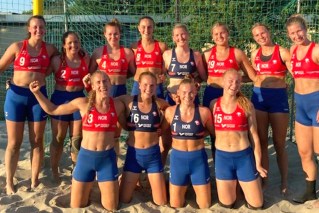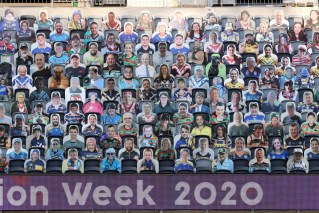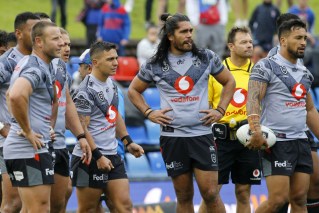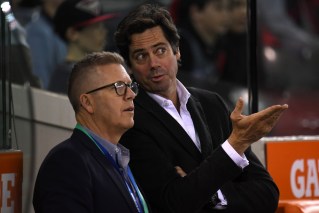A wee problem in Rio for doping control officers
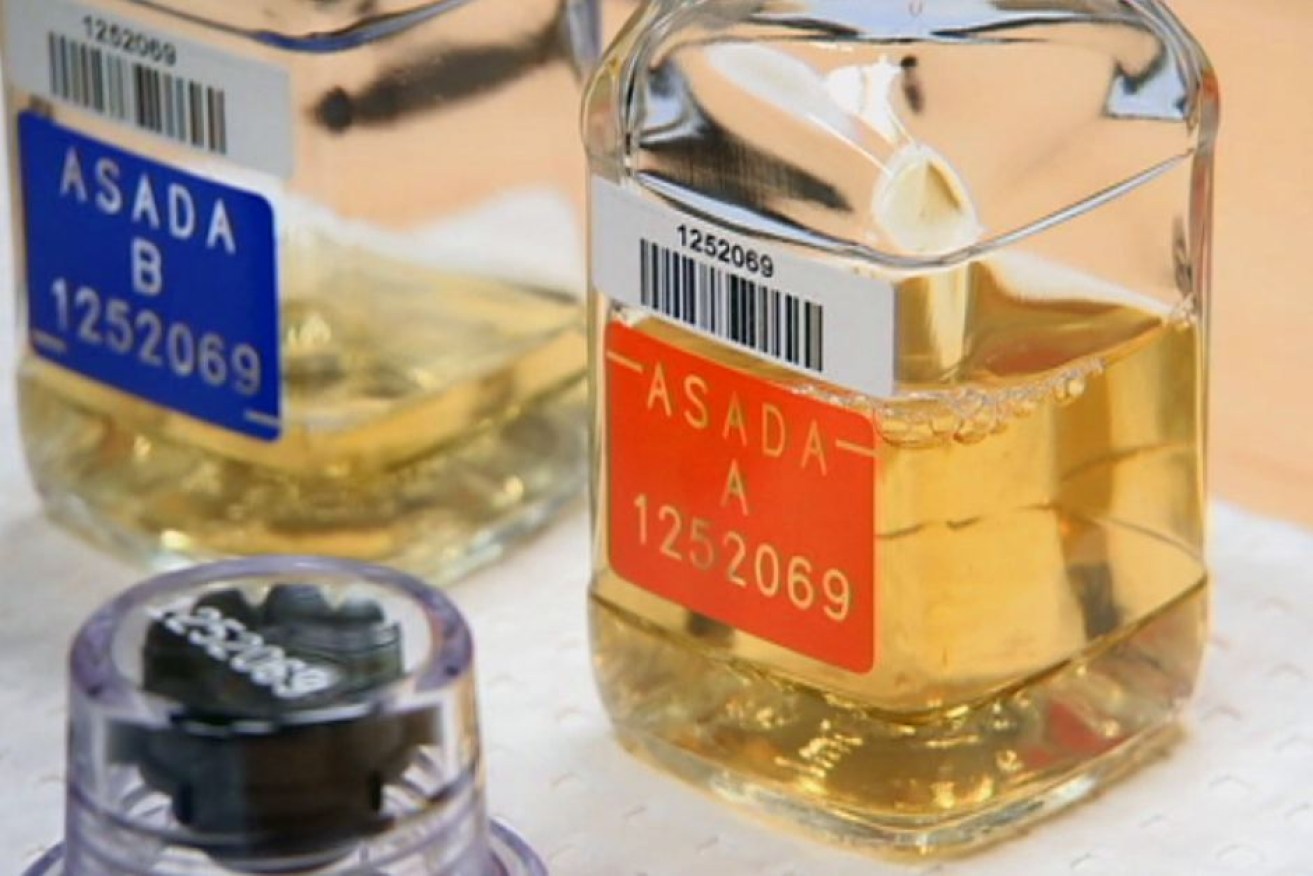
Athletes get testy when the drug testers show up. Photo: ABC
The worst part about Steve Jones’ job? That’s easy.
“It’s hanging out in toilets all the time!” he says.
Mr Jones has been a doping control officer for 18 years.
His profession has been firmly in the spotlight recently, with the Russian doping scandal creating a crisis of confidence about sport’s integrity.
He has been on the frontline of the pre-Rio Australian Sports Anti-Doping Authority (ASADA) campaign that has seen the agency conduct more than 2,000 tests over the past year.

Jones meets athletes in some of the best and worst times in their lives. Photo: ABC
Despite the necessity to hang around bathrooms, Mr Jones says it is a rewarding job, meeting athletes in some of the best and worst times in their lives.
“When you meet them at the best of times, you can feed off that energy and it’s a real joy to be there when people are winning some of the biggest competitions around,” he said.
“And at other times, it’s just a challenge to manage people through the process, so that they don’t trip themselves up when they’re a bit angry that we’re there.”
Mr Jones and a team of officers head out any time of the day to spring tests upon athletes, who know they will be tested, but mostly are not told when or where.
“There’s always a good time and a bad time for a test. Some might say that there’s only bad times,” he said.
“On the whole, most people are reasonably compliant and friendly through the experience, but obviously if you hit people up at a time when they have got a busy day, it can be pretty inconvenient and so people can get a little bit testy about that.
“But on the whole the vast majority of people are pretty accepting of the fact that the process is important.”
“When you meet them at the best of times, you can feed off that energy and it’s a real joy to be there when people are winning some of the biggest competitions around.”
While collecting samples is a pivotal part of ASADA’s job, it is also among many national drug agencies putting more intelligence in the mix – that is, finding the elusive whistleblowers like Yuliya Stepanova, who brought the roof down on state-sponsored Russian doping.
ASADA is critical of the IOC decision to sideline Stepanova in Rio, fearing it sends the wrong message to whistleblowers.
“You can see what a courageous whistleblower can initiate within anti-doping,” ASADA head of intelligence Simon Henry said.
“So we are really reliant on those people, in and around sport.
“It might be a coach, it might be a competitor, it might be a teammate, it might be a flatmate, it might even be a family member who’s concerned about what someone is doing within sport.”
The anti-doping authority says its biggest role is to instil trust in clean athletes.
But with much of the Russian team allowed to compete at Rio, that challenge is bigger than ever.
-ABC


